A 24-slide editable PowerPoint presentation about silent letters.
Hidden in Plain Sight… Silent Letters Are Everywhere!
Silent letters are letters that are not pronounced when you say a word. This means that you cannot hear the letter making a sound within the word. More than 60% of English words have silent letters in them! Thankfully there are some basic rules about which letters are silent before or after other letters.
This instructional slide deck has been designed to help explain some of the most common silent letter rules to your students. For example:
- Silent k: The letter k is often silent when it is before the letter n at the beginning of a word.
- Silent w: The letter w is often silent when it is before the letter r at the beginning of a word.
- Silent g: The letter g is often silent when it is before the letter n at the beginning of a word.
- Silent b: The letter b is often silent when it is after the letter m at the end of a word.
- Silent l: The letter l is often silent when it is before the letter f, the letter k or the letter m at the end of a word.
- Silent n: The letter n is often silent when it is after the letter ma t the end of a word.
- Silent t: The letter t is often silent when it is after the letter s in the middle of a word.
This phonics resource also includes review activities for students to complete.
No Preparation Required… Just Download and Go!
This resource downloads as a Microsoft PowerPoint template. Use the Download button to access.
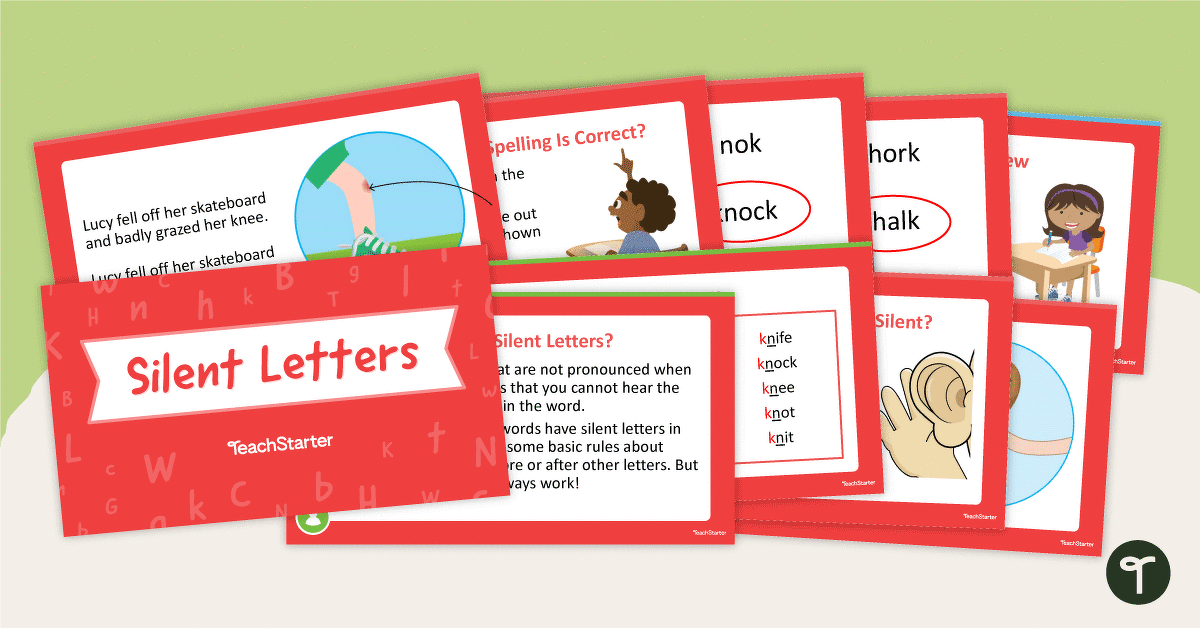

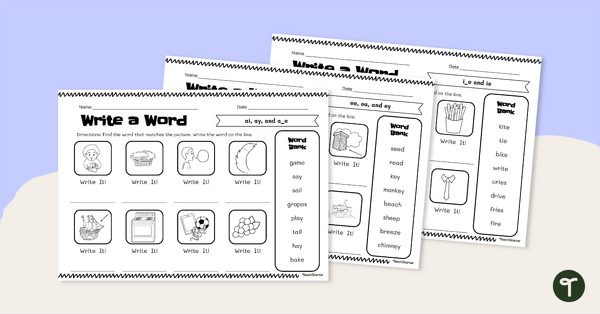
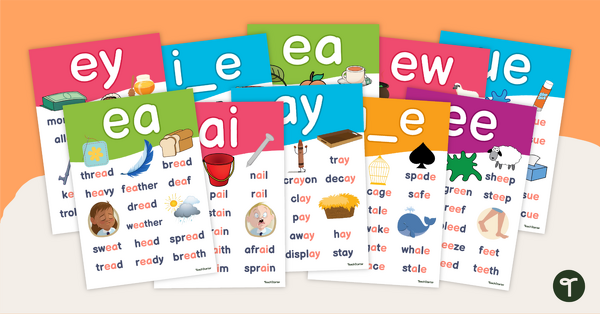
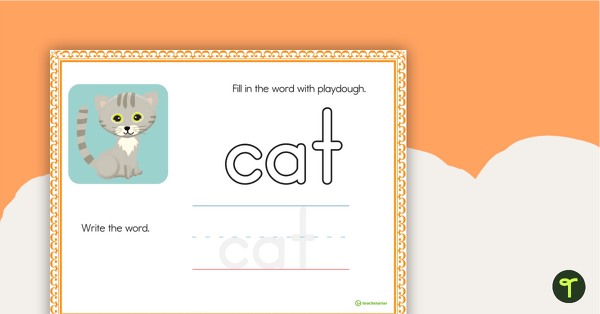
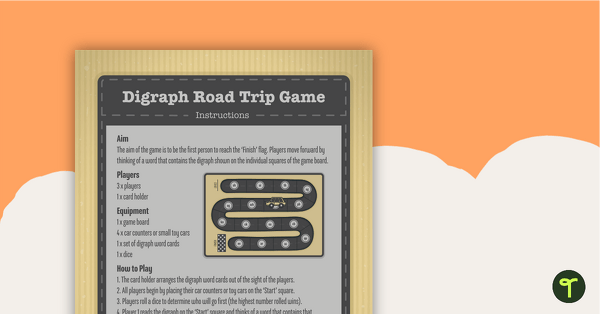
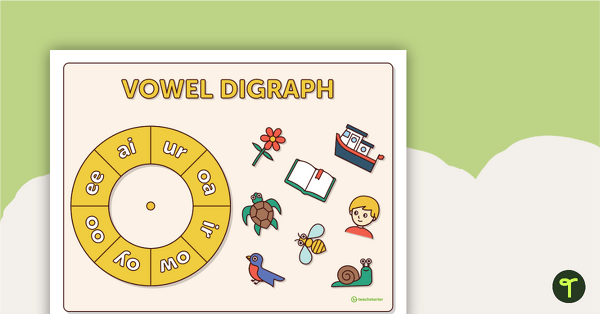
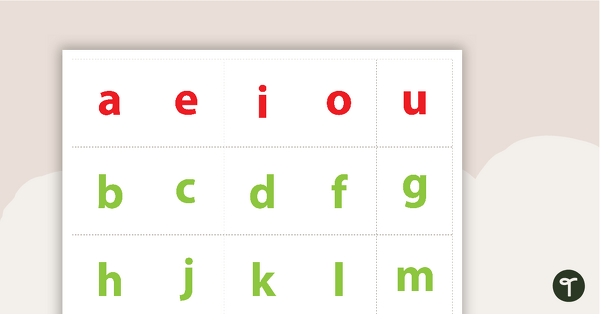
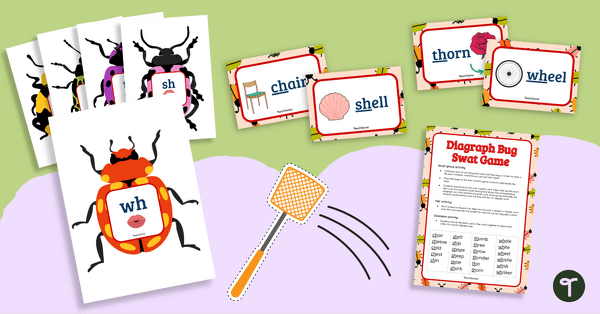
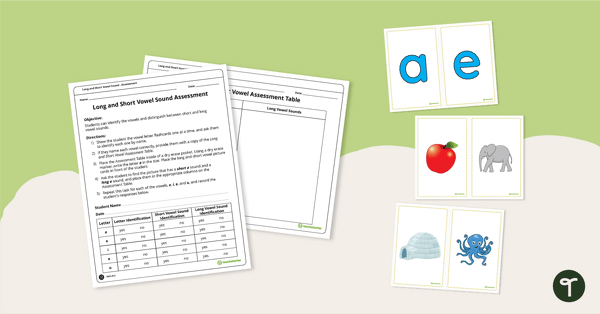
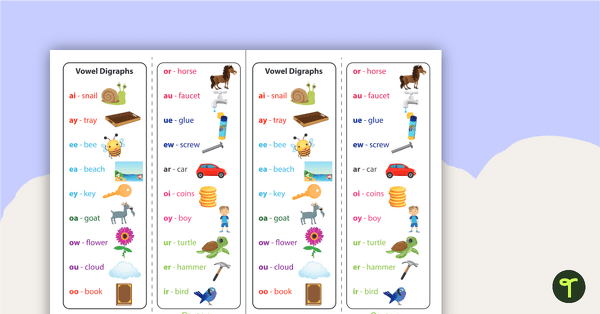
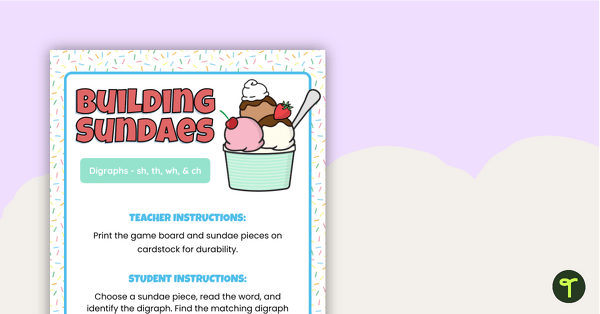
0 Comments
Write a review to help other teachers and parents like yourself. If you'd like to request a change to this resource, or report an error, select the corresponding tab above.